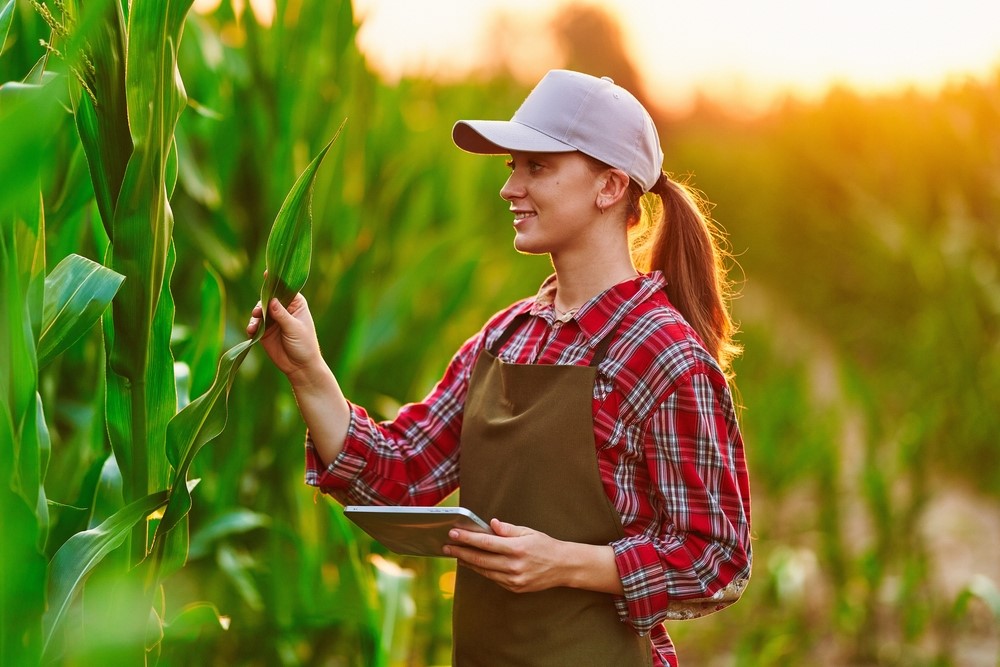In a recent report titled “The Status of Women in Agrifood Systems,” released by the Food and Agriculture Organisation (FAO) in 2023, it was revealed that women in agriculture still face significant disparities in accessing mechanized equipment compared to men.
The study focuses on gender roles in the agri-food systems, resource distribution inequalities, norms and policies, and resilience to shocks.
It emphasizes that both men and women are equally willing to adopt new technologies when the right conditions are in place, underscoring the need for equal access to resources for both genders.
The availability of digital technologies for farmers and agri-food system participants has greatly improved since the 1990s, thanks to the proliferation of modern personal use technology like mobile phones, personal computers, and internet-based services.
The report also highlights the global rise in internet access for both genders, with 63 percent of women and 69 percent of men using the internet as of 2022, according to Statistica.
However, the gender gap in internet use remains widest in Africa, where 25 percent fewer women used the internet compared to men in 2022.
This digital divide extends to the agricultural sector, where women’s access to relevant technologies is affected as they engage in non-agricultural segments of agri-food systems.
The report underscores the importance of addressing underlying causes of gender inequality through gender-transformative approaches, promoting women’s empowerment, and improving access to resources.
The Central Regional Minister, Hon. Mrs. Justina Marigold Assan, was highlighted in the report after a strategic partnership was formed between the TIAST Group and the Central Regional Coordinating Council to promote agricultural industrialization.
Mrs. Assan expressed optimism about the partnership, recognizing its potential to enhance the region’s economy and promote women’s empowerment.
The report concludes that ensuring women’s equal access to technology and resources is essential for both women’s well-being and the overall success of agricultural production and food security.


Comments are closed.